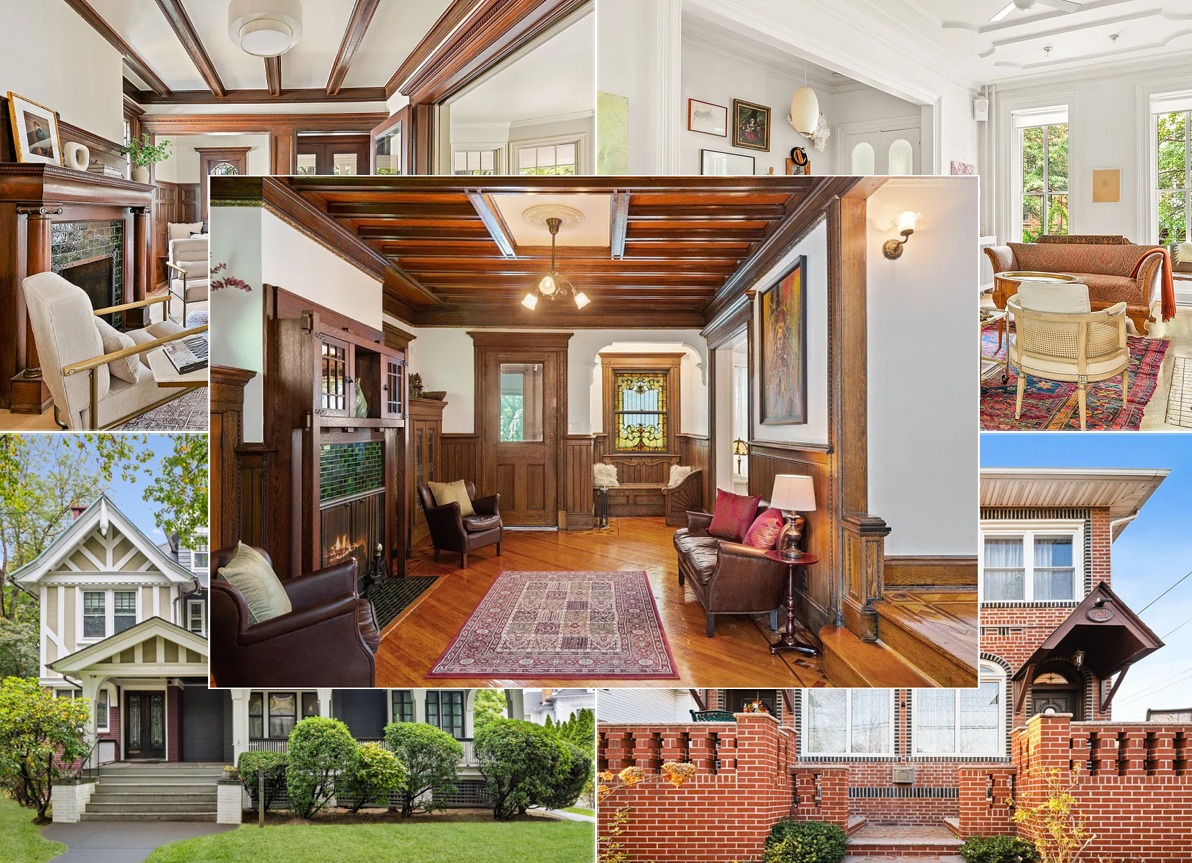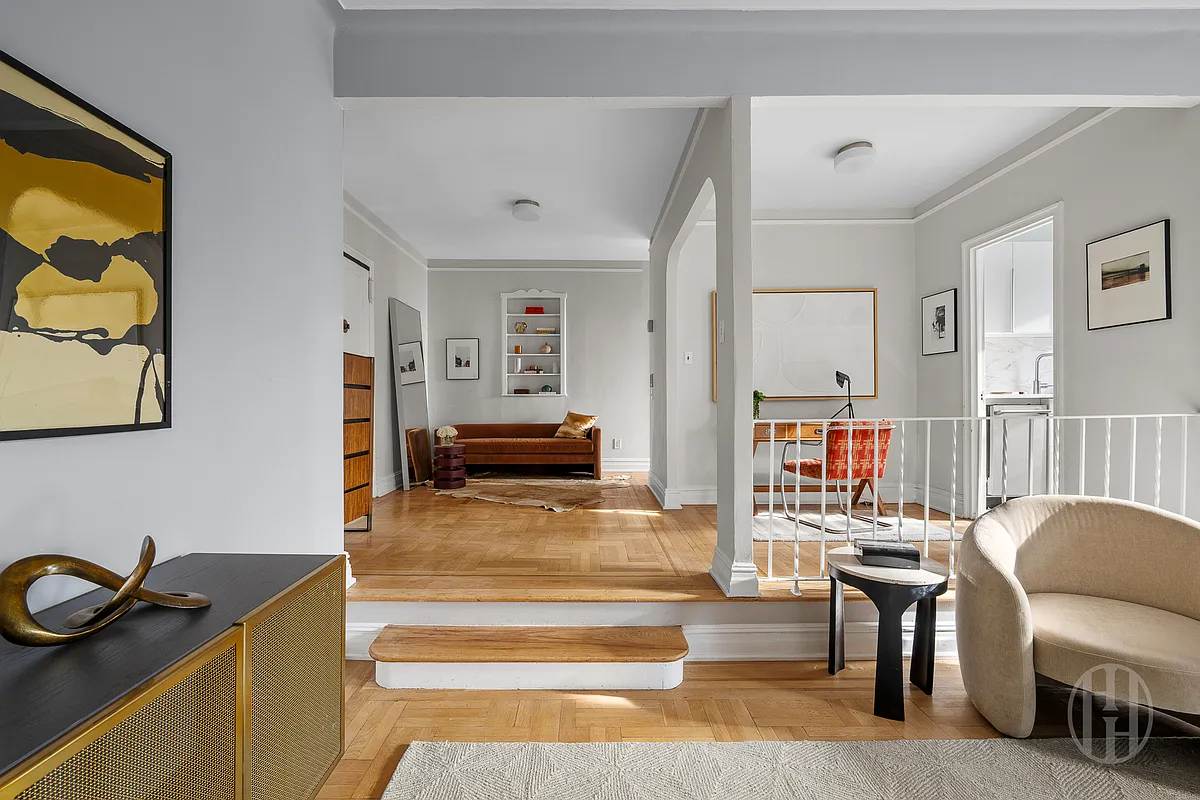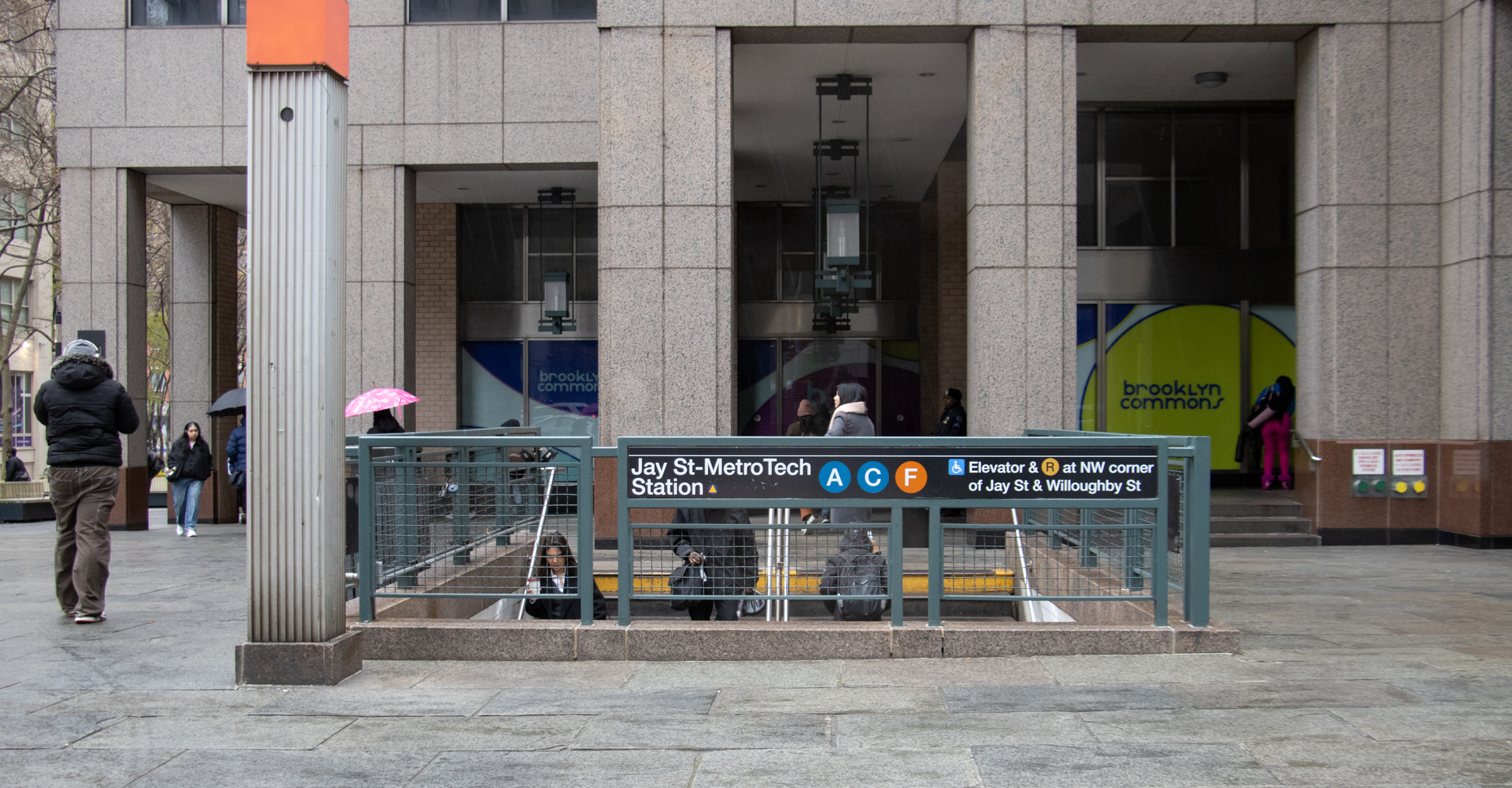Rent-Stabilization Hike: Lose-Lose?
At the conclusion of the typically rowdy Rent Guidelines Board meeting last night, the board authorized increases of 4.5 percent on one-year leases and 8.5 percent on two-year leases for the city’s 1 million rent-stabilized apartments. The hike was the largest one in almost two decades, but many landlords were unhappy with the decision, saying…

 At the conclusion of the typically rowdy Rent Guidelines Board meeting last night, the board authorized increases of 4.5 percent on one-year leases and 8.5 percent on two-year leases for the city’s 1 million rent-stabilized apartments. The hike was the largest one in almost two decades, but many landlords were unhappy with the decision, saying operating costs (especially fuel charges) have skyrocketed. “I am not satisfied with what we have at all,” said one landlord quoted in the Sun. According to the Times, the Rent Stabilization Association, which represents thousands of landlords, had been pushing for increases of between 10 and 15 percent. The board gave another concession to landlords in the form of a supplemental monthly rent increase of $45 for one-year leases or $85 for two-year leases for tenants who have lived in stabilized units for more than six years. Tenants, of course, expressed frustration with the board’s decision. The point we’re making is that this is a charade, Michael McKee, the treasurer of Tenants Political Action Committee, is quoted as saying in the Times. This was a done deal from the beginning. Before the meeting last night, Council Speaker Christine Quinn held a rally in support of a bill before the Legislature that would restructure the Rent Guidelines Board (which is solely comprised of members appointed by the mayor) and deny rent increases for one year on any unit with serious violations.
At the conclusion of the typically rowdy Rent Guidelines Board meeting last night, the board authorized increases of 4.5 percent on one-year leases and 8.5 percent on two-year leases for the city’s 1 million rent-stabilized apartments. The hike was the largest one in almost two decades, but many landlords were unhappy with the decision, saying operating costs (especially fuel charges) have skyrocketed. “I am not satisfied with what we have at all,” said one landlord quoted in the Sun. According to the Times, the Rent Stabilization Association, which represents thousands of landlords, had been pushing for increases of between 10 and 15 percent. The board gave another concession to landlords in the form of a supplemental monthly rent increase of $45 for one-year leases or $85 for two-year leases for tenants who have lived in stabilized units for more than six years. Tenants, of course, expressed frustration with the board’s decision. The point we’re making is that this is a charade, Michael McKee, the treasurer of Tenants Political Action Committee, is quoted as saying in the Times. This was a done deal from the beginning. Before the meeting last night, Council Speaker Christine Quinn held a rally in support of a bill before the Legislature that would restructure the Rent Guidelines Board (which is solely comprised of members appointed by the mayor) and deny rent increases for one year on any unit with serious violations.
Board Backs Rise in Rent Up to 8.5% [NY Times]
Rent Increases Are Approved For Stabilized Apartments [NY Sun]
Photo by richarddavis.





A system in which individual property owners subsidize the housing costs of individual renters, regardless of their relative wealth or income, is disgraceful. If, as I believe, affordable housing is a public good, it should be paid for by the general public through broad-based taxes, and made available based on tenant need, not luck or connections.
9:22 yes there are some douchebags who hold on to a rent controlled apartment and have the $ to afford market but not all
my mom has a 2 bedroom in a nice section of queens for $745 a month (she has been there for over 30 years)not the greatest but it is safe and well cared for and clean
thank god she does otherwise she would have trouble staying afloat
not all rent control people are sucking off the city but the ones who are can go to hell
(cyndi lauper is one that comes to mind)
Both 9:22 posters make strong cases for normalcy to this but logic will never prevail in this system.
$45 rent increase is peanuts
5% or more decline in value on a 500k or better property is not
i will keep renting
not bitterly though
I have no problem with a truly needy case getting a stabilized or controlled apartment, such as an elderly couple on a fixed income. But allowing someone who can afford market rate to remain is wrong. A tenant’s finances should be reviewed at each lease renewal and the decision to stay incumbent on need, not longevity. I know of several people who have rent stabilized apartments but own second homes in the Hamptons or in other states. It’s a shame that they hoard an apartment that someone else could really use.
Several ways to improve the housing stock and lower rents long term:
1) 100% vacancy decontrol.
2) A rent stabilized tenant who owns any property (think a house in The Hamptons), is decontrolled.
3) Currently, rents can go to market when the rent is $2,000 and the tenant’s income is $175,000 for two years. Anyone making $175,000 for two years would be bumped to market rent, irrespective of the rent.
4) Eliminate “inheritence” rights to apartments.
5) Currently, a property owner can’t knock down his 6-unit tenement and replace it with a much larger building because one tenant refuses to leave. Change the law so the tenants have to leave (with some required compensation for the tenants).
6) And last but no least, all rent laws would expire in 20 years (with some exceptions for certain indigent tenants).
I have a tenant in park slope who has been in his apartment for over 15 years. he pays 500 per month and signs a 2 year lease every time.
he will not be effected by this rate because of the year that he signs the lease. hopefully they will keep the minimum for 6 year residents at $85 per new 2 year lease
Quinn is such a vote whore.
Could it be any more obvious that Quinn is running for mayor and pandering to all?